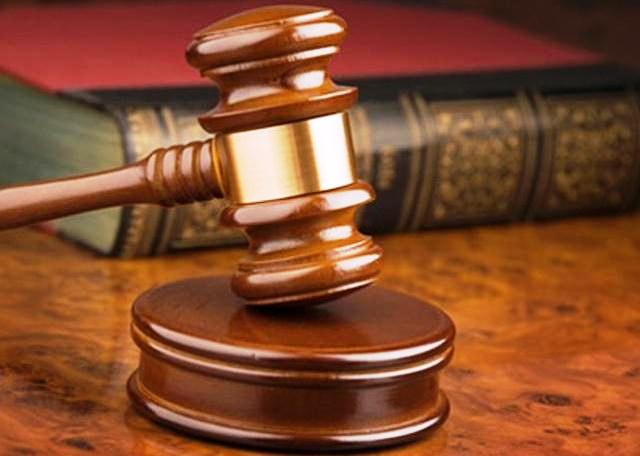
The appellate court, presided over by Justice Sidi Bage informed Ladoja’s counsel, Dr. Dapo Olanipekun that hearing of the appeal would place more pressure on the court.
Justice Bage disclosed that the court was confronted with too much work load and that each justice had more than 10 judgements to write hence cannot take arguments on the appeal.
He pointed out that, the appeal being a criminal matter would require that judgement must be delivered within specific date. Counsel to EFCC, Festus Keyamo commended the justices for the efforts they put in to attend to the cases filed before them.
Ladoja through his counsel, Wole Olanipekun (SAN) had in his appeal filed in March 2010, prayed the court for an order quashing the criminal charge made against him by the EFCC.
In his Notice of Appeal, Ladoja contended that the proof of evidence placed before the lower court by the anti-graft agency had no nexus with the charge against him, and did not disclose any prima facie case against him.
He therefore asked the court for a declaration that the EFCC has no power, jurisdiction or authority to prefer any criminal charge against him.
EFCC had arraigned Ladoja before Justice Ramat Mohammed of a Federal High Court sitting in Ikoyi, Lagos in November 2008 alongside one of his former aides, Chief Waheed Akanbi, on an amended 10-count charge of money laundering to the tune of N4.7 billion.
They were said to have conspired to convert properties and resources derived from an illegal act, with the aim of concealing the illicit origin of the properties and resources.
It was further alleged that Ladoja used about N42 million to purchase an Armoured Land Cruiser Jeep, and remitted about 600,000.00 pounds to one Bimpe Ladoja in London.
But, the accused pleaded not guilty to the charge and were admitted to bail.
However, Ladoja’s counsel, Wole Olanipekun (SAN), raised an objection to the charge and urged the trial judge to quash same on the grounds that the charge levelld against him were vague and did not link him with the commission of any crime to warrant his arraignment.
But the EFCC counsel, Mr. Festus Keyamo, in response argued that the objection raised by defence was belated, as the accused had already been arraigned on the charge and his plea taken.
Keyamo argued that such objection ought to have been raised immediately after his arraignment or before taking his plea, and not when trial had commenced mid-way.
In his ruling, Justice Mohammed agreed with Keyamo and held that objection to a defect in a charge can only be made on the day of arraignment when the applicant is taking his plea and not afterwards.
He held that any of such objections on the framing of charges against Ladoja by the EFCC could not, therefore, succeed. Justice Mohammed held that it was too late to object to the charge when the accused had already taken his plea.
The judge also ruled that the proof of evidence placed before the court by the EFCC had links with the charges preferred against Ladoja and that a prima facie case had been disclosed against him.
He, therefore, quashed all the motions filed against the EFCC to quash the charge and ordered trial of the accused. Dissatisfied, Ladoja appealed against the ruling and prayed the court to quash the charge preferred against him.

